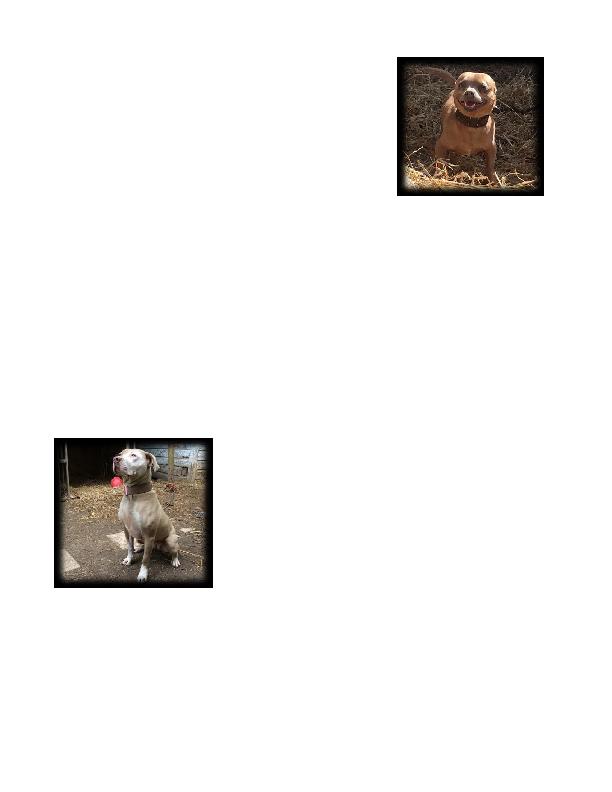
belongs on someone's lap, not on a tether.
neutering to end the vicious cycle of overpopulation, euthanasia,
and homelessness, but until that happens I will continue to help,"
Rachel said. "I have an amazing group of people who help me, from
monetary, food, toy and medication donations to physically going
out here and `getting dirty.' I can't do it without this group and so as
long as I have their support and can physically and mentally do this,
I will."
overpopulation problem, it is indeed spay and neuter (and in my opinion, mandatory spay and neuter)
that will ultimately solve this crisis. And that's why one of the main objectives of the Rome group is to
help the community stop the viscous cycle of litter after litter of puppies and kittens being born into
poverty and neglect.
is huge!" Jennifer exclaimed. "This is the first time we've heard such glorious words of wanting to stop
the cycle in this community. We are going to work very hard to find a spay and neuter vehicle to come
out here in a few weeks."
lonely pit bulls would I see chained in dirty backyards, leaping excitedly at the prospect of any shred of
loving attention from a human being? I wanted to take every one of them home with me, especially a
blonde and white little girl whose soulful eyes pleaded with me as if to say, "please get me out of
here." It was torture to walk away from her. I haven't been able to get her out of my head since.
She'd obviously been bred numerous times.
away. "You have to be emotionally able to handle what you're going
to see and you have to be mentally and emotionally prepared for it. I
would welcome anybody who would want to come out and do this
but when people ask me about it I'm very honest with them. I tell
them, `this is what you're going to see, this is what it's going to be
like and it's not the safest environment.' It's a great feeling to be
helping and bringing supplies, and even though you can't take that
away and you see those eyes watching you and they're looking at you like, `come back!' That's the part
that can haunt you."
awareness about the cruelties non-human species face, I am very grateful to have had such an
experience with an incredible group of fellow animal lovers. I walked away with a better perspective
and understanding for what frontline rescuers are up against in this region, especially in disadvantaged
communities where animal husbandry appears to be two or three decades behind the times. Ignorance
begets ignorance, and while many of these people may mean well, they are simply victims of poverty
and poor education, plain and simple. Surely these humans deserve our compassion, too.